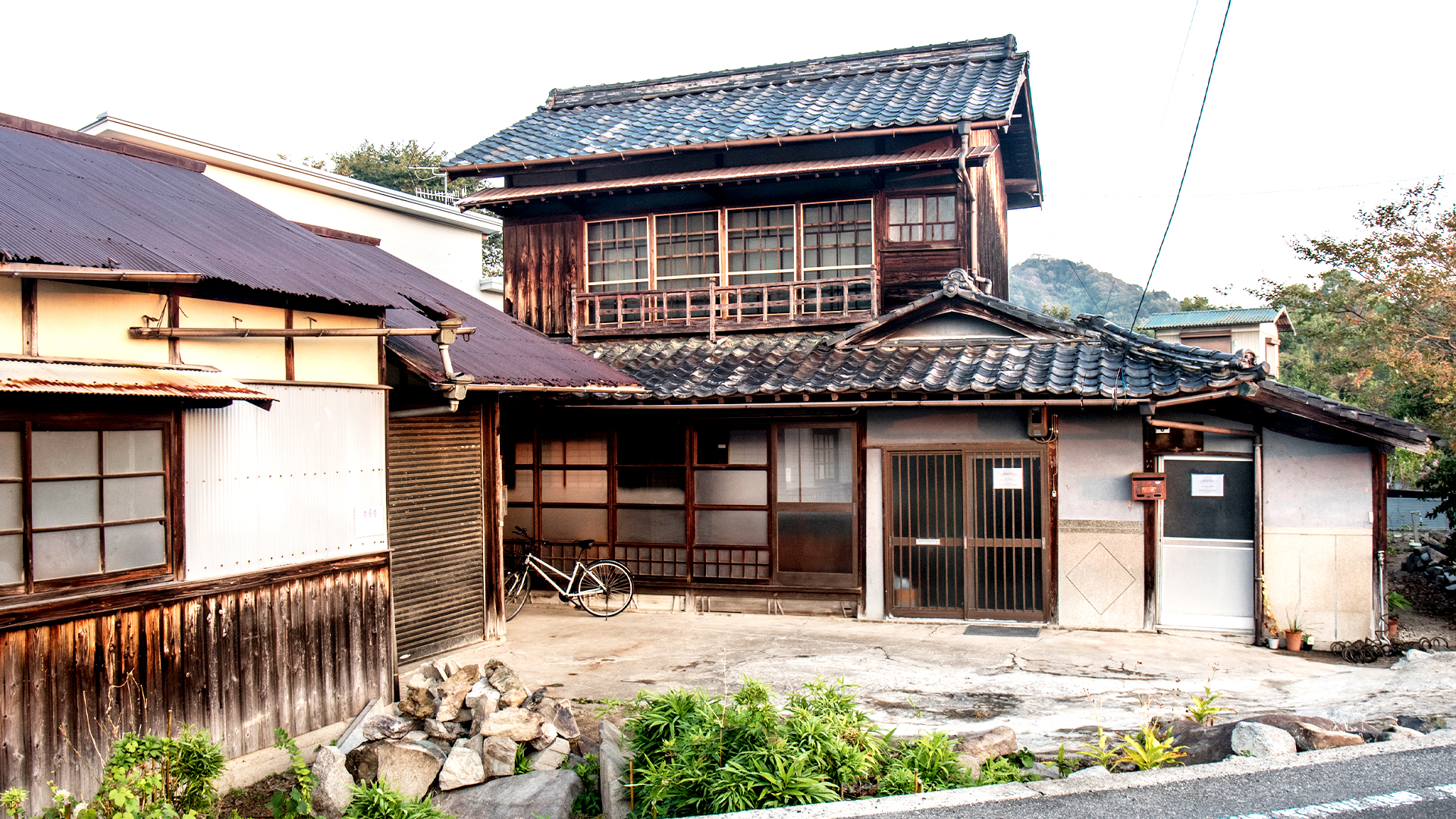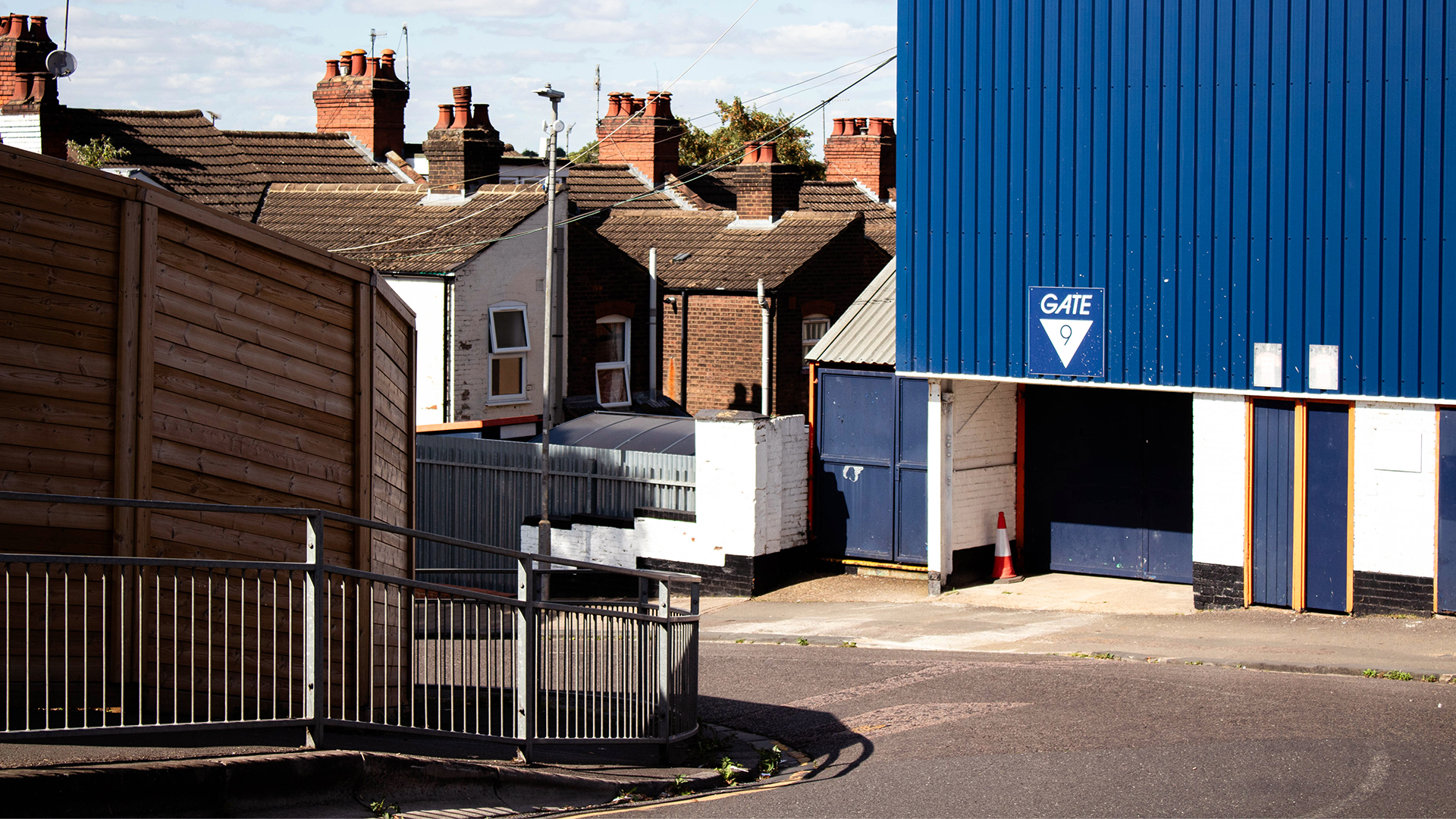
It’s always a pleasure to see Modus articles being shared among members of the chartered surveying and built environment professions, as well as those who will make up the future generations of the industry.
And it’s now even easier to shout about them on social media, after we introduced the sharing menu you can see on the left-hand side of this article.
We’ve crunched the numbers to find out which of our 2024 features you shared the most and it’s a real mixture of topics, from housing to construction, and allotments to surveying the Antarctic.
A declining birth rate and migration to the cities means that many villages and small towns in Japan are now blighted by empty homes that no local wants to take on. Will a new initiative to woo young people and foreign buyers back to rural Japan save some of its abandoned houses and revive a more traditional way of life?
Did you know?
There are an estimated 3.85m abandoned rural homes, known as ‘akiya’ in Japan.
How did Luton Town FC upgrade its stadium and make £12m worth of improvements to make it match-ready for the Premier League? When the football club won promotion to the English top-flight after a dramatic 6-5 penalty shoot-out in 2023, it suddenly had three months to carry out major renovations.
Did you know?
In the 1930s, Luton was producing up to 70m hats a year, which is why the football team’s nickname is The Hatters.
With waiting lists for an allotment plot averaging three years in the UK, is there another way to get people gardening? Modus puts on its gardening gloves and goes digging for answers, with the help of Andrew Teanby MRICS at Savills and Ed Morrison at Roots Allotments.
Did you know?
Land dedicated for allotment use in the UK has declined by 65% from its peak between the 1940s and 1960s.
From a COVID-19 memorial in London to Buckingham Palace and the restoration of Elizabeth Tower which houses Big Ben, Katharine Cary MRICS’ career has taken in some incredibly high-profile and public-facing projects. Now she is setting up an RICS mentoring programme at the British Museum to develop the careers of other built environment professionals.
Did you know?
The British Museum’s collection contains 8m items, spanning 2m years of history.
At first appearance, it might look like another playground for the rich and famous, but Porto Montenegro is being developed for future generations and social infrastructure is a crucial part of that plan. Modus finds out what is being built and who’s funding it.
Did you know?
Montenegro became a sovereign state on 3 June 2006 after an independence referendum, ending the union of Serbia and Montenegro.
Maintaining the Royal Albert Hall is an ongoing project that requires meticulous decision-making. Receiving no public subsidy, the Council of the Royal Albert Hall relies on income from concerts to keep its doors open and the show must always go on – in 2023, it staged 379 events in its 5,272-seat auditorium.
Did you know?
The Royal Albert Hall’s giant musical organ, nicknamed ‘Jupiter’, has exactly 9,999 pipes.
Ever wondered what an Antarctic surveyor does and how they map vast expanses of snow and ice? Would you mind if penguins outnumber people when working on site? Modus meets Adrian Fox MRICS and Nathan Fenney from the British Antarctic Survey to talk about mapping the most remote continent on Earth.
Did you know?
European explorers first sighted Antarctica in 1820 and it had no indigenous human population.
Are there many community assets better for our physical and mental wellbeing than the humble swimming pool? While indoor pools that require expensive heating have been struggling to cover costs in recent years, outdoor swimming in lidos, lakes and rivers has experienced a surge in popularity.
Did you know?
The UK has lost around 400 swimming pools since 2010.
How do you go from modernising tenement housing in Glasgow to preserving the heritage of Montgomery, Alabama, a key location in the US Civil Rights Movement? Warren Adams MRICS has done exactly that, in a fascinating career.
Did you know?
In December 1955, Rosa Parks was arrested in Montgomery after refusing to give up her seat in the ‘coloured section’ of a bus (in accordance with Jim Crow segregation laws) for white passengers.










